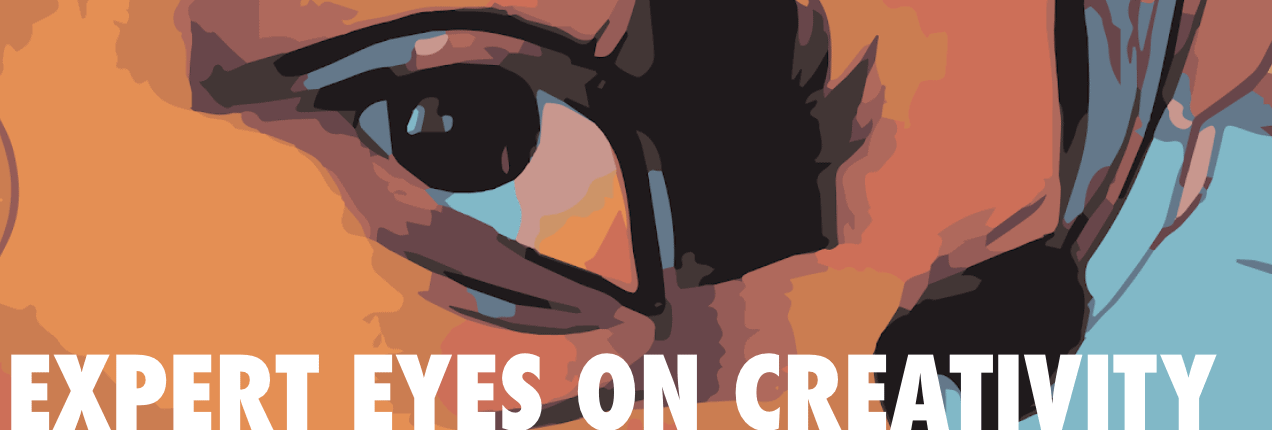I discovered a blog on academia called Lumpenprofessoriat. It links to some cool videos made by supporters of Barack Obama, but more importantly it has some thought-provoking postings and links to other blogs around the issue of academic tenure. One of the most interesting postings had to do with something that I had mentioned briefly in an previous posting (see here), the idea of alternative routes to tenure. It appears that Western Carolina university has done just that. From now on, the university will use “broader definitions of scholarship” “in hiring decisions, merit reviews, and tenure consideration.” Scholarship in this context encompasses “the application of knowledge, the engagement of scholars with the broader world, and the way scholars teach.” This does not do away with external peer review – which is still required.
Of particular interest to me as a scholar of educational technology, is the following:
John Bardo, chancellor at Western Carolina, said that a good example of the value of this approach comes from a recent tenure candidate who needed a special exemption from the old, more traditional tenure guidelines. The faculty member was in the College of Education and focused much of his work on developing online tools that teachers could use in classrooms. He focused on developing the tools, and fine-tuning them, not on writing reports about them that could be published in journals.
“So when he came up for tenure, he didn’t have normal publications to submit,” Bardo said. Under a trial of the system that has now been codified, the department assembled a peer review team of experts in the field, which came back with a report that the professors’ online tools “were among the best around,” Bardo said.
The professor won tenure, and Bardo said it was important to him and others to codify the kind of system used so that other professors would be encouraged to make similar career choices. Bardo said that codification was also important so that departments could make initial hiring decisions based on the broader definition of scholarship.
So to reiterate something I had said in the previous blog posting, “How soon will a professor receive tenure for maintaining an influential blog?”


 Handbook of Technological Pedagogical Content Knowledge (TPCK) for Educators, Edited by The AACTE Committee on Innovation and Technology
Handbook of Technological Pedagogical Content Knowledge (TPCK) for Educators, Edited by The AACTE Committee on Innovation and Technology
0 Comments